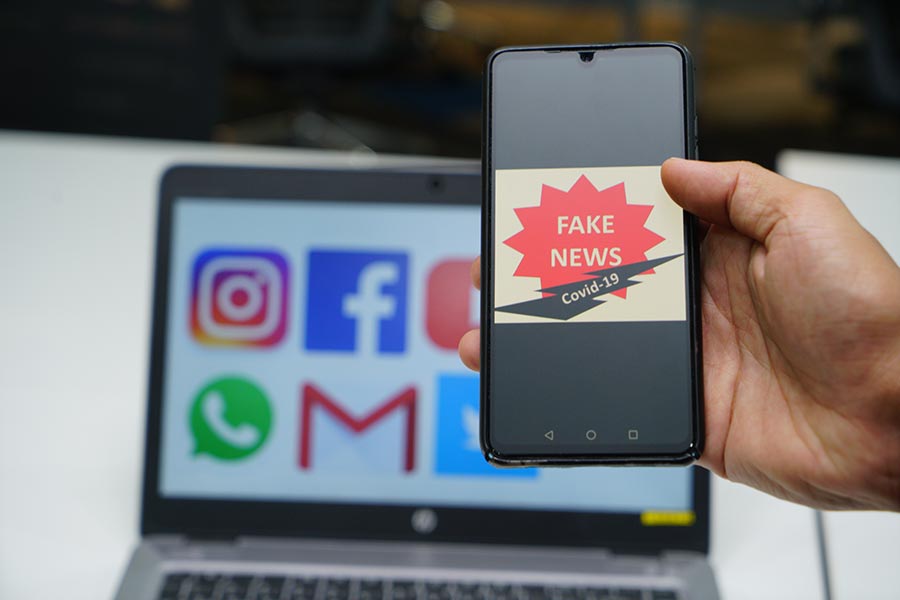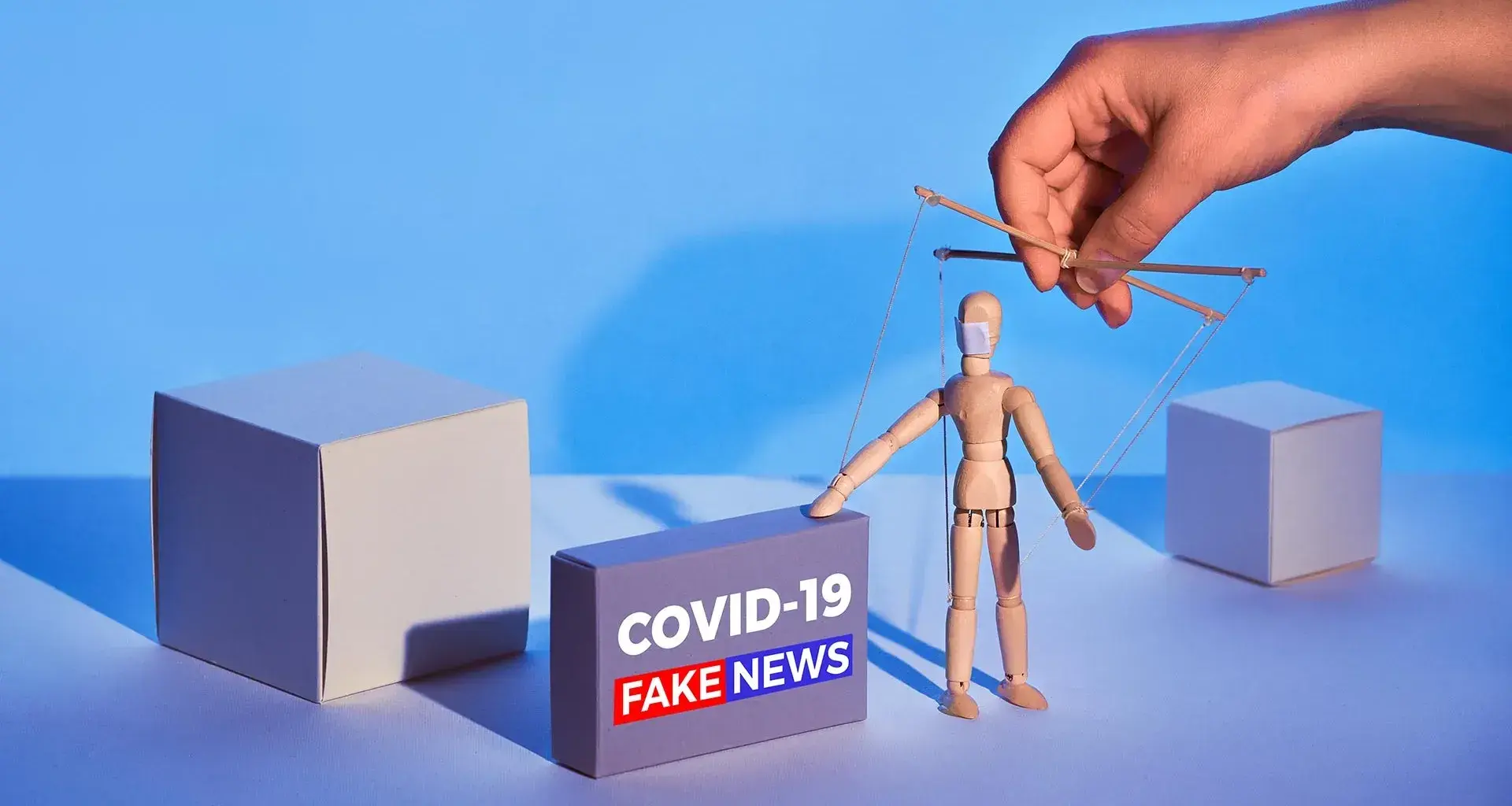Maybe it’s happened to that you’ve received information through WhatsApp and you’re not sure if it’s true or not.
The World Health Organization has recently discredited several rumors about the coronavirus and has warned people not to share false and unverified information.
But how can we tell what’s false and what’s true?
Alejandro Navarrete, journalist and national editor of CONECTA, and Dr. Ricardo Caraza, psychiatrist and mental health specialist at TecSalud shared their advice.
WHY IS IT IMPORTANT NOT TO SPREAD FAKE NEWS?
Regarding the fear caused by the pandemic, Dr. Caraza says, “You need reliable information to conquer fear. The more accurate information we have, the better our preventive measures will be.”
“It’s just as important to stop the spread of incorrect “viral” information that can harm the lives of many people who might make decisions based on incorrect data as it is to help slow down the chain reaction of biological contagion,” says Navarrete.
4 EASY STEPS WE CAN ALL FOLLOW:
1.- DON’T automatically share anything.
Navarrete says that although it may seem inconsequential to share something on our public or private networks, we may be contributing to serious disinformation.
“One crucial aspect for preventing the proliferation of false information is to have a doubting attitude and initial skepticism. Being more skeptical and questioning helps,” he says.
“Before you share something, take a few seconds to check it by using the following steps.”
2.- Check who the sender is.
“It can make all the difference if the information comes from a prominent news site or it comes from an unknown web page. An anonymous video is not exactly the same as The New York Times,” says Navarrete.
Always:
- Check which web page or social media account it comes from. Is it trustworthy? Is it well known?
- If it’s been forwarded by someone on WhatsApp, do you know the person who sent it? Does he or she know who initially sent it or did it just come to them too?
3.- Identify the original source of the information.
At the end of the day, what’s most important isn’t the sender, but the original source of the information. In other words, where did it originally come from?
“For instance, if I see a news item that says, ‘scientists say that...’ what I should be looking for in the story is who these scientists are, which country and university they’re from, and exactly what they said, whether it has an eye-catching headline or not”, says Navarrete.
“I should also distinguish fact from opinion. I should analyze whether what someone shared with me is an opinion from a columnist or an editor, or these days a YouTuber or an influencer, or is it based on solid data generated by an authority, an NGO, a university, etcetera,” he adds.
4.- Confirm the information on the source’s official sites
Finally, it’s ALWAYS best to go to the original sources.
Thanks to Google and the Internet, this is now easier than ever. Take a few seconds to go to the official page and profiles of the alleged source of the information.
“If a news item says that the president said something, it’s very easy nowadays to look up the president’s original speech to check it...,” explains Navarrete.
“If they tell you that Tec de Monterrey or the UNAM has announced something, you can quickly find their official pages and check whether the original announcement is there or not.”

IF YOU’VE DONE THAT, GO AHEAD AND SHARE…
If you’ve already taken those few moments to verify that the information is real and serious, go ahead and share. But if you haven’t, or haven’t had time, it’s better to refrain from sharing.
“It’s very important that as a society, we learn to distinguish between reliable and non-reliable information,” says Dr. Carraza, who recommends that you avoid “sowing fear” in moments of social media contact like this, either involuntarily or on purpose.
READ MORE NEWS AT CONECTA:





